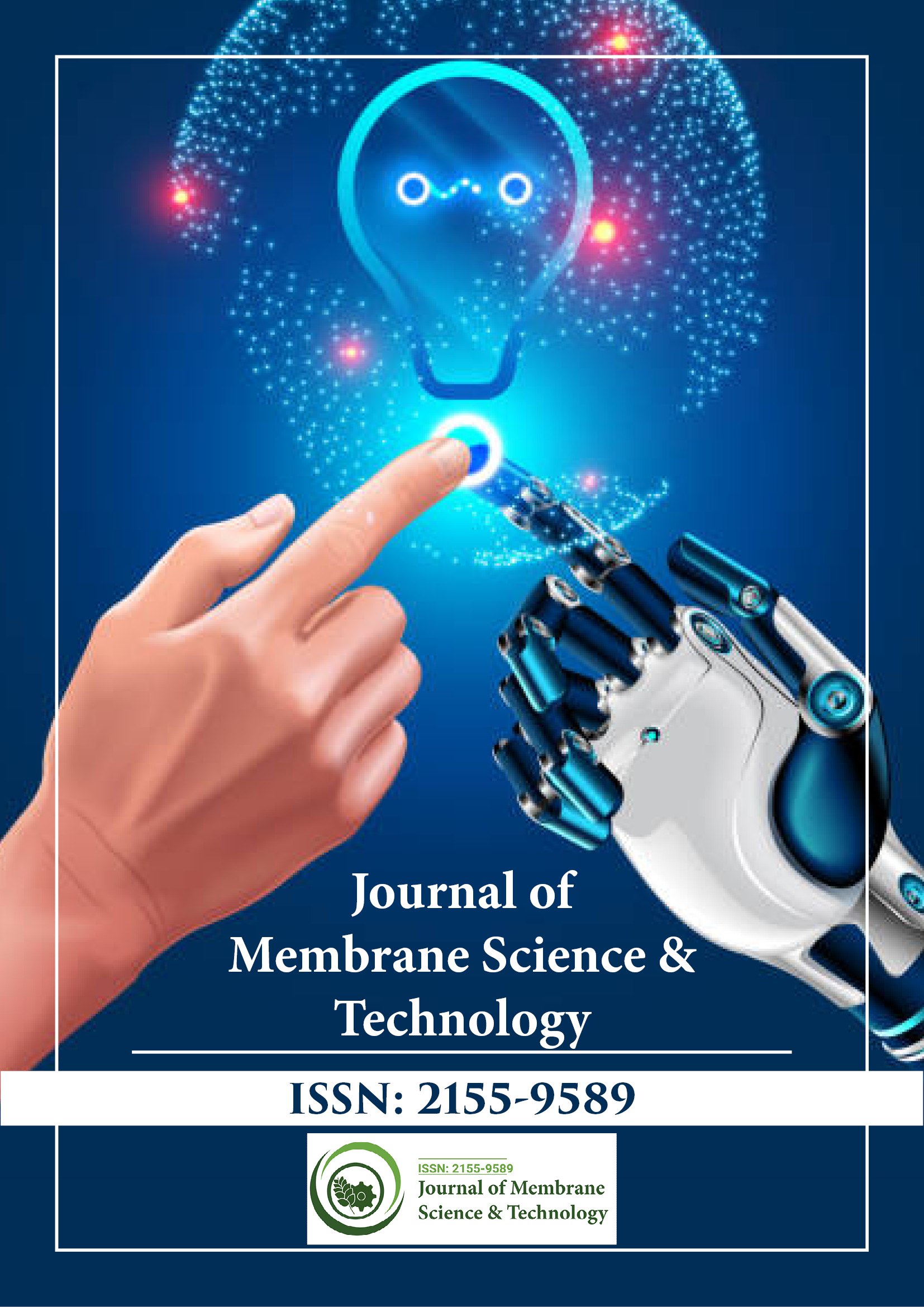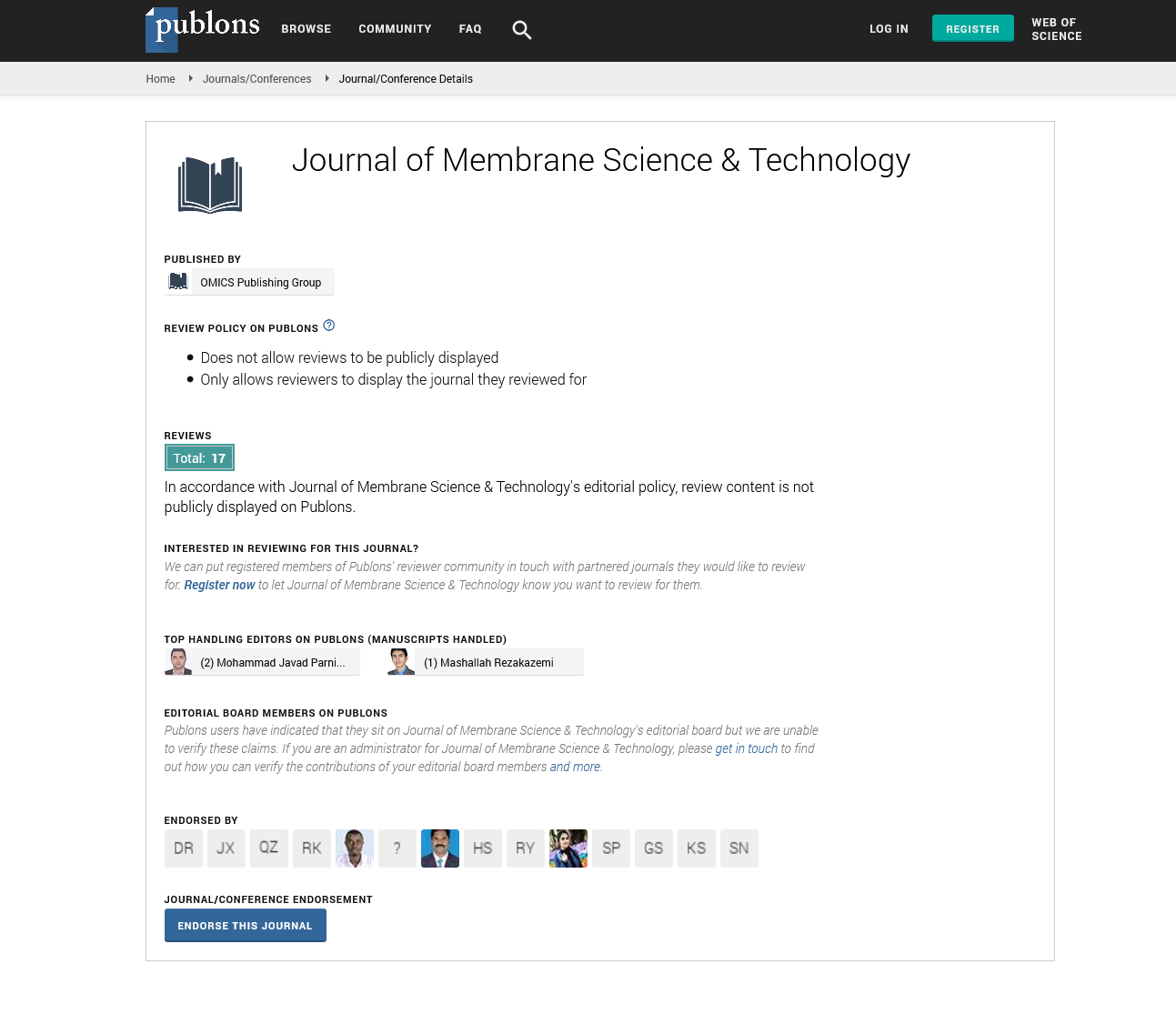Indexed In
- Open J Gate
- Genamics JournalSeek
- Ulrich's Periodicals Directory
- RefSeek
- Directory of Research Journal Indexing (DRJI)
- Hamdard University
- EBSCO A-Z
- OCLC- WorldCat
- Proquest Summons
- Scholarsteer
- Publons
- Geneva Foundation for Medical Education and Research
- Euro Pub
- Google Scholar
Useful Links
Share This Page
Journal Flyer

Open Access Journals
- Agri and Aquaculture
- Biochemistry
- Bioinformatics & Systems Biology
- Business & Management
- Chemistry
- Clinical Sciences
- Engineering
- Food & Nutrition
- General Science
- Genetics & Molecular Biology
- Immunology & Microbiology
- Medical Sciences
- Neuroscience & Psychology
- Nursing & Health Care
- Pharmaceutical Sciences
Abstract
Using activated charcoal for decrease iron, fluoride, phosphate, COD and TSS from wastewater of Phosphate Fertilizer plant
M.S. Abdel Zaher, S. M. Abdel Wahab, M.H. Taha, A. M. Masoud
Phosphate fertilizer industries produce a certain type of high acidity liquid (pH = 2) and contain large amounts of contaminants such as fluoride, phosphates and other elements. The high content of these pollutants and the massive daily flow rate of waste water produced by the fertilizer industry from phosphoric acid and / or the production of triple superphosphate (TSP) results in the discharge of several thousand tons of these elements annually. Waste samples were acquired from wastewater streams produced in Abu Zaabal for Fertilizer and Chemicals Company (AZFC). The present study intelligences a process for iron, fluoride, phosphate, COD and TSS sorption from the wastewater samples using activated charcoal. Accordingly, a series of batch experiments were achieved to study the effect of several experimental parameters, such as solution shaking time, solution pH, and clay amount of addition, temperature, and mechanical stirring speed. The obtained results clear that, the sorption preferred conditions were; shaking time of 30 min, solution pH of 4, room temperature, and activated charcoal amount of addition of 2.0 g/ L. Based on kinetic and thermodynamic studies, the sorption process for iron, fluoride, phosphate, COD and TSS on activated charcoal is said to follow pseudo-second order mechanism and exothermic nature.
Published Date: 2021-02-27; Received Date: 2020-12-14

